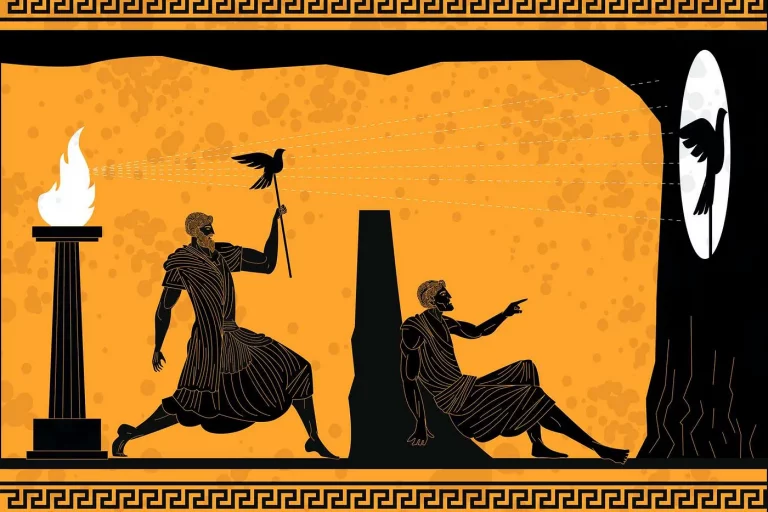Storytelling and destination development
On the basis of five selected Nordic cases, the study sheds light both on the ways in which storytelling is practiced and how stakeholder cooperation unfolds and seeks to determine the prerequisites for using storytelling as part of a destination development strategy.
Drawing on the literature on storytelling as well as theory on inter-organisational relations, the study develops a theoretical model which centres on four closely interrelated elements: types of stakeholders involved; stages of the storytelling process; outcome of the storytelling process; and destination development. The theoretical model serves as a central tool for the cases presented to illustrate the issues at stake.
The five cases – one each from Denmark, Finland, Iceland, Norway and Sweden – consist of rich sets of data: interviews with main stakeholders; collection of industry documents, marketing material and media coverage; observation of stakeholder meetings; and participant observation of storytelling events.
The findings point to the importance of a location-based story to conceptualize, substantiate, and commercialize a destination. Findings suggest that some cases are characterized by individual stories of many qualities in terms of dramaturgical principles and customer involvement, however, an overall story framework is non-existent which makes the storytelling initiative poorly suited as a means of destination development. In other cases, a more holistic, coordinated story can be identified that ties the individual stories together and on this basis a common identity for the destination seems to materialize. The nature of stakeholder relations helps explain why some storytelling practices have destination development potential whereas others have not. Dedicated leadership, multi-actor involvement and two-way communication appear to be prerequisites for the destination development potential of storytelling activities.




